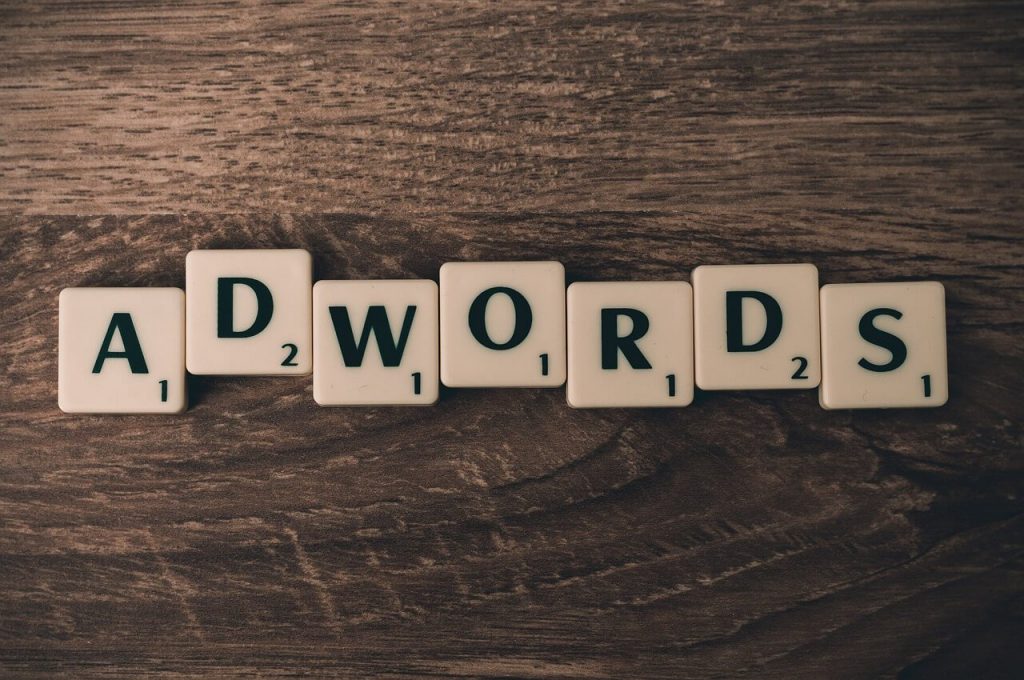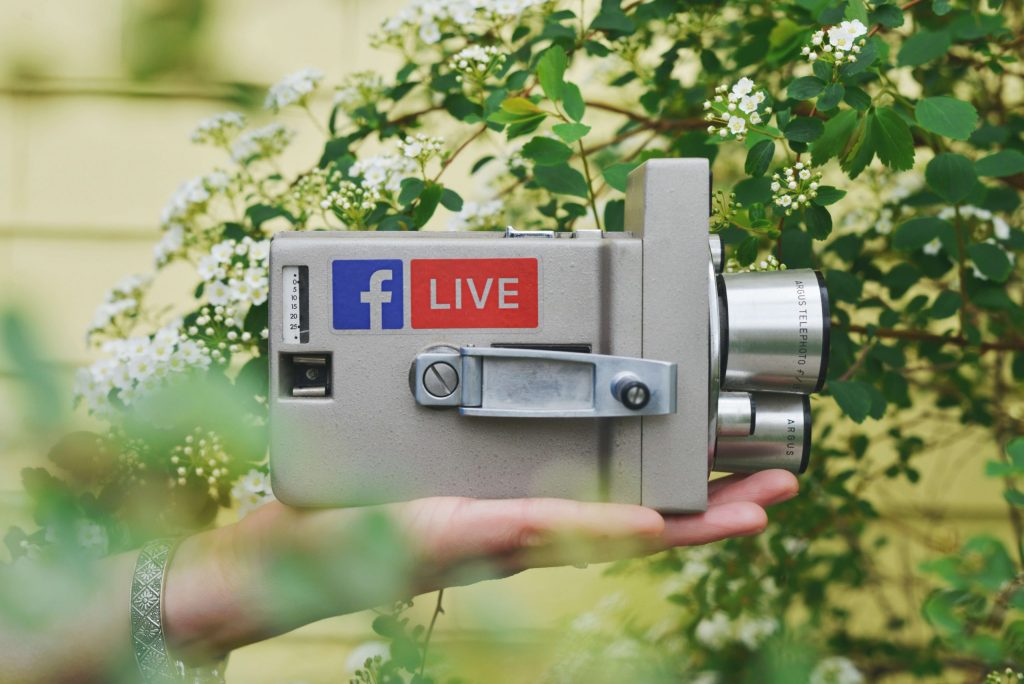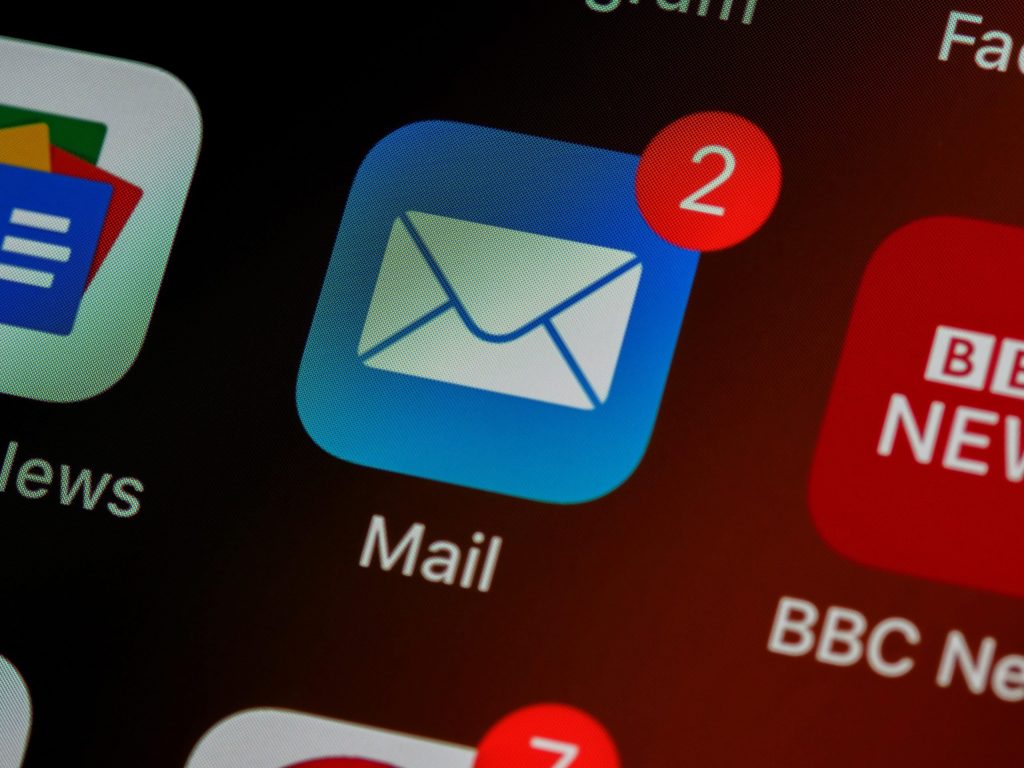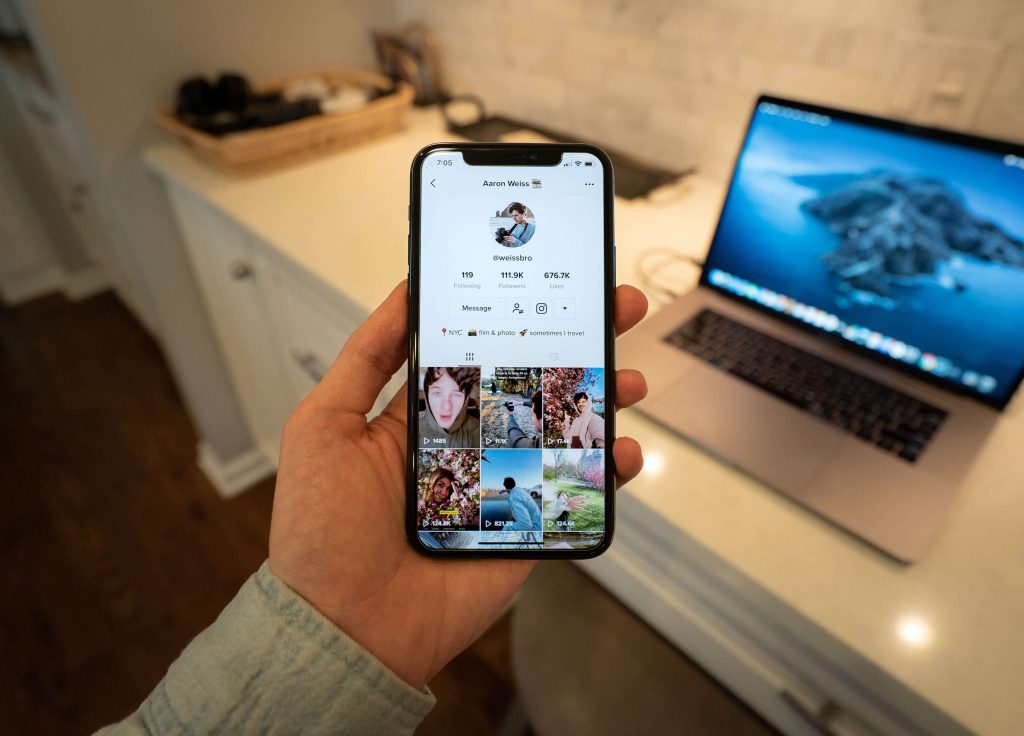Many small business owners are afraid of digital marketing, especially if they do not spend all their time online. Don’t worry. No one starts at the end; nobody knows all the answers before they begin, and even better, getting going is likely to be cheaper and quicker than you think.
Digital marketing offers plenty of ways to reach new audiences without spending a dime – but when you need to reach new audiences, a little budget can pay off. There is always something new to learn in digital marketing, so it all comes down to starting small, testing, and learning over time.
In this guide, Users will know how to provide digital marketing services for small businesses. By the end of this guide. You will have a solid grasp of all the fundamentals of Digital Marketing.
We use this guide as a framework to jog our memory once we get hold of a client. It will surely help you a lot! Each year, internet users grow tremendously. And if you haven’t noticed, this growth rate has increased significantly in the last decade.
If we talk about this progress in the last two decades. You will be surprised to know that internet users have increased by 1,157% since 2000. And 4.79 billion people or 61.4% of the total world population now have internet access.
Such an increasing trend of internet usage has transformed the way people shop. Moreover, It has opened a door of opportunity to drive more traffic and increase revenue through digital marketing.
You might have heard about digital marketing before, but many people are still unclear about its basic concepts.
Therefore, in this blog post, we will cover the basic concepts like how what, and who of digital marketing. We will also discover different types of digital marketing services for small businesses.
How does digital marketing work?
Digital marketing uses several strategies, tools, and routes to achieve business goals. There are different types of digital marketing used by digital marketers depending on the kind of business they are working to make successful. For example Digital Marketing for Car Dealerships, Health care, Real estate or Law firms, etc.
Consequently, the major goals of digital marketing are:
- create awareness
- generate more leads
- increase the company’s Return on Investment (ROI).
The foundation of digital marketing is to understand the target audience (customers) and the associated channels to reach them. It’s important to identify your potential customers and their preferences to communicating with them, so they become more receptive to your message. And it can only be done with the right digital marketing strategy.
5 steps for setting your strategy
- SET A MEASURABLE GOAL
- KNOW YOUR AUDIENCE
- KNOW YOUR BRAND
- WATCH YOUR COMPETITION
- GET READY TO MEASURE
SET A MEASURABLE GOAL:
We have specified several types of goals. Pick one that you will focus on. Understanding your goal is the first step to achieving it.
An example:
Stephen is a Real Estate Agent who recently began designing interiors for clients as well. As a courtesy to all of his regular customers, he wants to let them know that he offers “Interior Design Consultancy” as a service. According to him, his campaign strategy is to ensure that 100% of his current customers know that he offers Interior Designing. Over the next two months, I will spread this message via email and social media. I plan to have at least 1 contract from 15% of my current customers after three months from the start of the promotion.
KNOW YOUR AUDIENCE
Make sure you know your audience. You won’t be able to connect with them if you don’t have enough understanding of your target audience. This is something you can easily accomplish at your company without hiring an agency.
Making your own buyer personas is the easiest way to avoid coming up with a watery ‘general’ campaign. These are fictionalized, general representations of your target customers.
• Identify your customers and group them into three or four categories.
• Create a character from each of those.
• Include a few favorite hobbies, a name, and a photo of the person.
KNOW YOUR BRAND
What makes you unique is your brand. It is the personality of your business. It’s important to define what you stand for clearly – what do you believe in? What are your strengths? What does that look like in your digital presence – from the images on your website to the language used in your emails? Getting out and talking to your customers is the best way to find out the answers to these questions. The best way to determine what your brand stands for is to know what your ideal customers say about it. Ask them!
WATCH YOUR COMPETITION
There are competitors beyond those who provide like-for-like products and services. There are three ways to think about your competitors:
Direct competitors:
Your competitors are those brands whose products or services you offer.
Indirect competitors:
You may be competing with different brands, but they may share the same budget or space as you.
GET READY TO MEASURE
You can’t begin to grow your customer base until you have brilliant ideas for driving traffic, building brand awareness, and building brand loyalty. Knowing how you will track progress will enable you to adjust your plan based on the response you receive. A benchmark of what a “good” score is (KPI) will depend entirely on you. You can measure many different things (metrics).
An Example:
Check how many videos you posted in a blog post that had video content:
• The number of views you receive
The number of views of the video
Engagement (likes, comments, shares) with the video
• Clicks on your blog’s CTA
• Leads generated by the post
• A higher number of leads generated by the post compared with posts without videos
Make sure you are familiar with key metrics associated with your goals before you begin any campaign, such as those we listed above.
What does it take to do digital marketing right?
Your digital marketing success depends on the right digital marketing strategy and practices. And for that, you have to consider the following 3 important factors.
- Firstly, manage customer relationships efficiently through different channels
- Secondly, foster dynamic customer interactions
- Last, Conduct data analysis and make decisions accordingly
What kind of Industry requires digital marketing services for small businesses?
These days, digital marketing has become the need of almost every industry because of its effective business benefits. Digital marketing has helped businesses of a different sort to move customers along the buying cycle by improving customer experience. The industries commonly using digital marketing to achieve their business goals include:
- E-commerce
- Membership and Subscription Businesses
- Startups
- Healthcare
- Legal
- Retail
- Small and Midsize Businesses
Ecommerce
Digital marketing is the backbone of the Ecommerce industry and their strategy is built around positioning its product pages to target potential customers. Get higher conversions through organic/paid search.
Thus, Digital marketing helps Ecommerce websites improve traffic, increase conversions, and boost revenue for online stores.
Membership and Subscription Businesses
These kinds of businesses consistently keep their customers engaged in long-term relationships to earn recurring, predictable revenue.
In Addition, digital marketing helps develop deep relationships with customers through new ways to engage them and encourage them to continue membership and subscriptions.
Startups
For startups, digital marketing is no less than a blessing. Digital marketing helps startups increase their reach, get more customers, and boost profits at a faster speed. If your company is a startup, you must focus on using the right digital marketing tactics, professional copywriting, and channels to form an unbeatable digital marketing strategy.
Healthcare
The Healthcare industry uses digital marketing to provide medical services online. People now can have video consultations at any time of the day with the doctor of their choice. This industry is generating higher revenues through online medicine selling. Our experienced and creative Digital Marketing team is helping various brands in the Healthcare industry to grow and build more online presence.
Legal
The law industry is also making remarkable success by using digital marketing. Content marketing is very effective and commonly practiced in this industry.25% of all American law firms have content marketing plans in place (Greentarget State of Digital & Content Marketing Survey).
Retailers
Retailers use digital marketing to determine the shopping pattern of their customers. It allows them to identify customer preferences and offer them a personalized shopping experience to enhance customer loyalty and
Small & Midsize Businesses
Small & Midsize businesses with smaller marketing budgets manage organic campaigns, analyze results, and make improvements to increase their revenues. And it is all done through digital marketing without needing to spend a lot of money like traditional marketing. However, one can not overlook traditional marketing as it still holds an impact. Flyers and pamphlet distributions, advertising on billboard banners, and exchanging business cards during the first meet-up are all essential parts of marketing a business. Integrate digital marketing with traditional one to reap the maximum benefit. For Example, Posters & flyer designs are shared virtually to save the printing cost and get the maximum result.
If you want to improve traffic, improve conversions, generate leads, get more customers, and grow revenue, get a free consultation with us today!
What is the role of digital marketing in a business?

The role of digital marketing for any business is significant because of several factors. The most important and beneficial factor is that the results of digital marketing activities can be seen in real-time with accuracy.
You can exactly determine how many people watched your ad and whether a particular ad could get any sales or not. You can also track website traffic to check how many people have visited your website and which pages they have crawled in by using digital analytics software.
Another important factor is that you can easily measure ROI for your marketing activities and based on the results, you can transform your marketing strategy without the waste of resources.
Digital marketing enhances content performance and its possible outcomes by generating qualified leads through effective content marketing techniques. It also helps you figure out if a particular piece of content is receiving more engagement from the readers.
Define Digital Marketing Services for Small Businesses?
Digital marketing for a business can be defined as the use of different digital tools, techniques, tactics, and channels to reach out to potential customers through online means. Successful digital marketing achieves business goals such as generating more sales and increasing ROI.
Digital marketing has a huge spectrum entailing several tactics such as content marketing, email marketing, digital advertising, and many more — it helps increase brand visibility to attract more customers and convert their visits to potential sales.
Now we will move on to the most important part of this blog post that will help you to develop a clear understanding of different types of digital marketing.
Types of Digital Marketing

There are many types of digital marketing services for small businesses that are used in different combinations to form a tailored digital marketing strategy to meet the end goal of a particular business, small or large. Let’s check out in detail, how each of these types of digital marketing functions.
1. Content Marketing
As the name suggests, this type of digital marketing mainly uses content to create brand awareness, increase traffic, and generate leads. Content marketing attracts 3 times more leads than other forms of marketing and paid advertising. It is 62% less costly as compared to traditional marketing. Different channels and content marketing tools are used to promote the created content for your content marketing strategy

Content Marketing Channels
Blog posts: Writing blog posts is a very popular and effective content marketing technique that educates people with industry expertise, attracts more organic traffic, and converts visitors into leads for your business.
Whitepapers: They also intend to educate people, but they are generally extended forms of blog posts. They help get the reader’s contact information to further help with generating leads.
Brochures: They contain information regarding the business, its products & services, and packages. It’s another form of communicating with the customers by providing them with detailed information about your business in a visual manner.
Magazines: Magazines portray how content can be used to target customers from all walks of life. To get a better idea of how ads are portrayed in magazines, click here.
2. Search Engine Optimization (SEO)

There are about 5.6 billion searches on Google per day. Websites with a high ranking appear on the first page of Google and get more visits. It’s the process that optimizes your website in a way that Google brings it to the top search engine results pages, which results in attracting more organic traffic to your website which leads to generating more conversions.
SEO and especially link building are essential as digital marketing services for small businesses. You can’t bootstrap your way to profitability without.
Ways to approach SEO
On-page SEO: It includes the best practice to optimize your website’s different pages following Google guidelines. Indexing your pages for in-demand keywords that users are searching for is one important practice for on-page SEO. Off-page SEO: It includes all the activities (guest posting, backlinking, etc) done outside of your website to improve your search engine rankings.
Google considers many off-page factors while ranking web pages. Technical SEO: It deals with the technical side or backend of your website that helps to optimize it for a better user experience, hence encouraging search engines to rank it higher on the search pages. The coding of the page is highly responsible for your website’s loading speed.
Other factors like image compression, structured data, and CSS file optimization also contribute significantly to optimizing your website.
3. Social Media Marketing (SMM)

- Snapchat
4. Pay Per Click (PPC)

Pay Per Click (PPC) is a very popular method in digital marketing that aims to increase traffic to your website by placing a paid advertisement on different platforms. In Pay Per Click (PPC), every time some user clicks on your advertisement, you have to pay a certain amount to your publisher. Let’s have a look at different channels that you can use for Pay Per Click (PPC):
Google Ads: You might have noticed the word Ad written with the top results of search engines, that is called Google Ads, and Google charges from the websites that appear with Ad for the particular keyword.
Facebook Paid Ads: Facebook allows you to publish paid ads that run on the newsfeed of the target audience that you choose by selecting specific demographic factors while publishing a post.
Paid Ads on Twitter: You can pay for posting different posts on Twitter that can reach your specified audience to fulfill your marketing goals such as increasing your website traffic, getting more engagement, having more followers, etc.
LinkedIn Sponsored Campaign: This is an amazing way to reach specific users on LinkedIn through direct messages or strategic outreach marketing campaigns.
5. Affiliate Marketing
In this type of digital marketing, you pay a commission to others for promoting your products on their website. Affiliate marketing is performance-based marketing, which is commonly done by others by posting affiliate links to their social media channels like Facebook, Instagram, Twitter, etc.
It is helpful for your business in promoting one or multiple affiliate products by sharing their value to convince potential customers to buy them.
It is a scalable way for digital marketing services for small businesses to work once we have some organic traffic rolling in.
6. Instant Messaging Marketing

This is one of the latest forms of digital marketing where companies communicate with their potential customers through instant messages. It involves sending direct, personalized messages to the masses using different applications.
Instant messaging marketing basically boosts the level of engagement, personalization, and effectiveness by using one-to-one communication channels.
The most commonly used applications for instant messaging marketing include: (we can use an image here, rather than bullet points)OK
- Telegram
- Facebook Messenger
Marketing automation platforms like SendPulse can help marketers create chatbots for popular messengers like Facebook, WhatsApp, or Telegram
Digital marketing services for small businesses can create small target groups and initiate different discussion topics to educate their potential customers about their products and services.
7. Native Advertising

Native advertising is a unique form of digital marketing that works according to the media format they appear in considering its look, feel, and functions. These kinds of ads appear on a specific webpage or in social media feeds, but they don’t look like other ads.
Native ads are different from banner ads or display ads. They appear in a way that syncs well with the editorial flow of the page.
Native advertising can target offline marketers interested in knowing more about you as a company. A critical asset to look into when dealing with digital marketing services for small businesses.
8. Marketing Automation

As the name suggests, marketing automation enables repetitive, basic marketing operations to automatically function using the software. Marketing automation is quite helpful for common digital marketing tasks that are performed regularly such as Email newsletters: They can be sent through email automation that sends emails automatically to the subscribers.
It also manages the list according to the preferences of the recipients who are willing to receive emails. Social media posts: You have to post on social media regularly to increase your company’s presence on social networks, but it takes energy, resources, and time.
You can use social media scheduling tools to automate this process to save your resources and improve productivity. Reporting: Tracking the performance can be made easy with marketing automation. You can simply get the automatically generated reports and analyze productivity.
9. Email Marketing

Email marketing is a common practice many companies do to reach their potential customers and to communicate with them.
Digital marketers send emails to potential customers to promote their products and services, offers & discounts, and events, and to direct them to their website. (We can redesign this image) OK
10. Inbound Marketing

Inbound marketing is a marketing methodology that focuses on generating valuable content to attract and engage customers. You have to guide them through different stages of their buying journey.
Unlike outbound marketing which is oftentimes unwanted by customers, inbound marketing functions by developing connections with the audience and then addressing their problems.
Inbound marketing focuses on an inbound methodology that has three equally important factors: Attract people with valuable content and gain their trust Engage them with insights and solutions to convince them to buy from you Delight your customers with support and address their concerns.
11. Sponsored Content

Sponsored content is where you pay other entities to promote your products or services through content or other marketing means. Influencer marketing is quite effective when we talk about sponsored content.
Companies or individuals who have developed their connection with the masses make use of content to influence others to buy products or services. A paid blog that is published on a famous platform encourages people to get information about the brand and buy its product.
Conclusion
The internet is extremely beneficial to market your products and services in different ways. And of course, you cannot miss out on the massive opportunities of digital marketing for your business to get more Return on Investment (ROI).
I hope this blog post has been informative and expanded your view a bit about digital marketing services for small businesses. The next step is to form an effective digital marketing strategy for your business.
Pick the most suitable platforms according to your target audience to marketize your product and services. If you’re interested in starting a digital marketing journey for your product/services, reach us now and get a free consultation.
And as always, if you have any questions or comments, you can share your thoughts in the comment section.


Excellent post. I was checking continuously this blog and I am impressed! Extremely useful information specially the last part 🙂 I care for such info much. I was looking for this particular info for a long time. Thank you and best of luck.